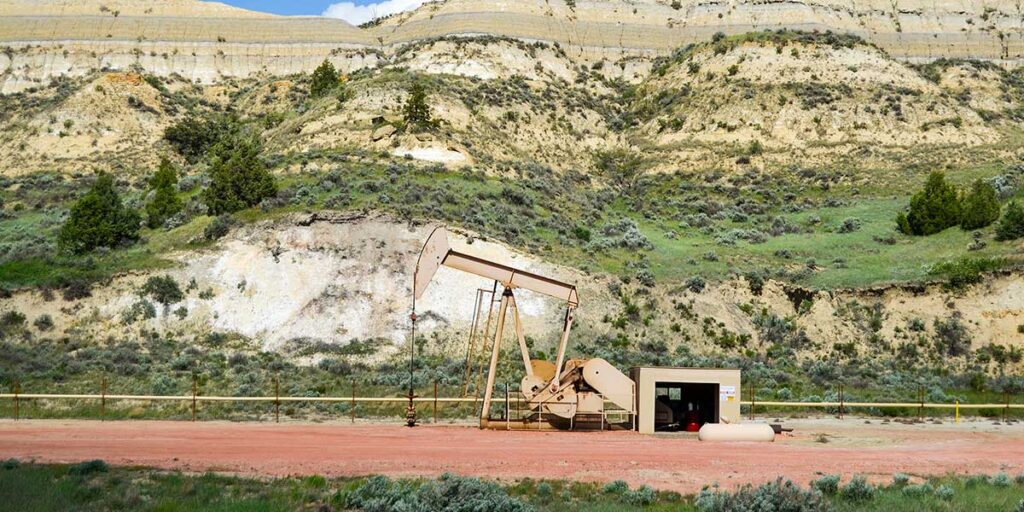The Center for Culture, History, and Environment is the proud sponsor of five multidisciplinary environmental research working groups for the 2021-2022 academic year. These groups show promise in:
- Advancing innovations in interdisciplinary (methodological) approaches to environmental research
- Making novel contributions to scholarly knowledge of human dimensions of an environmental issue
- Promoting environmental justice
- Increasing public access to academic works
- Supporting meaningful and measurable graduate student career development
This working group posits the atmosphere as a key site for environmental humanities interventions. Cross-disciplinary attention to atmospheric mediations allows scholars to think anew the relay between visible and invisible phenomena, between everyday experiences of weather and statistical descriptions of climate, between old and new materialisms, and between scientific investigations of fluid dynamics, social-scientific attention to intersecting earth and social systems, and humanistic explorations of the seemingly ethereal histories that lend places their distinguishing feelings.
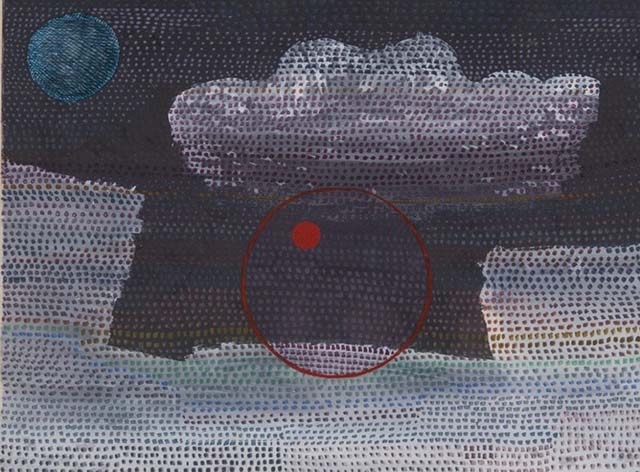 Group Lead
Group Lead
- Monique Allewaert, English, allewaert@wisc.edu
Group Members
- Ángel Adames-Corraliza, Atmospheric and Oceanic Sciences
- Sara Gabler Thomas, English
- Emery Jenson, English
- Jen Rose Smith, Geography and American Indian Studies
Microbes, Old Media, and Marginalized Archives
How does climate change threaten to erase the histories of marginalized peoples? This group explores the histories we find on — but also in — the pages of archival media. Relying on the group members’ varied expertise in archives and labs and building on the methodology of biocodicology (the study of biological information stored in old books), we seek to characterize and understand a sample of the largely unidentified microbial communities that thrive on archival media. Drawing on our preliminary data and the research database we create, we will write and submit two major grant proposals.
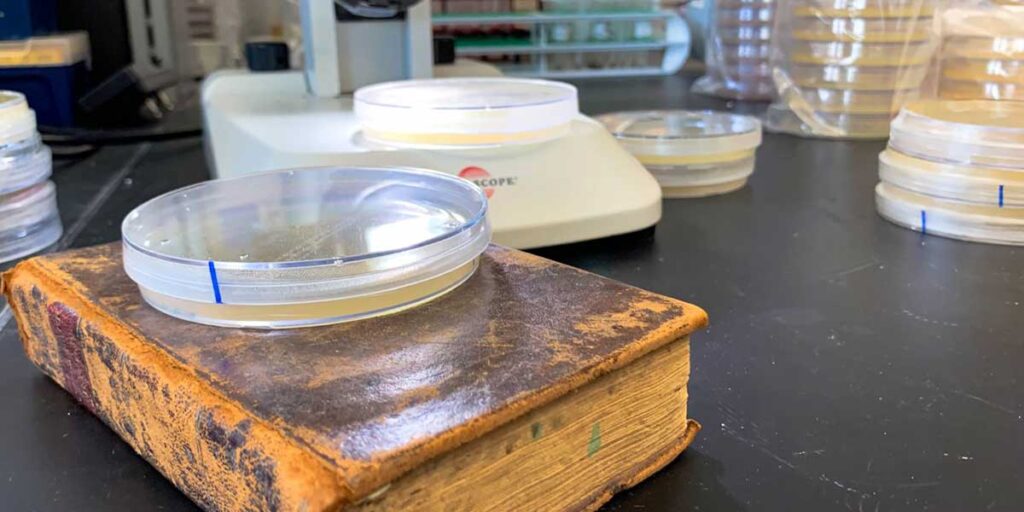
Group Lead
- Joshua Calhoun, English, joshua.calhoun@wisc.edu
Group Members
- Caitlin Carlson, Bacteriology
- Nicole Fischer, German, Nordic, and Slavic
- Megan Fox, English
- Sarah Marty, Business
Uncertain Agroecologies: Wisconsin Farmer Responses to Environmental and Social Change
In the face of growing uncertainty due to environmental (e.g., climate, land use) and social (e.g., COVID, farm consolidation) change, farmers must adapt both on their farms and in their broader social and economic networks in order to remain viable. This project will compare how different agricultural communities of practice in Wisconsin (conventional dairy/row crop farmers, small-scale organic fruit and vegetable growers, and Indigenous farmers) perceive and respond to uncertainty, and how this manifests in the ecology of their farms.
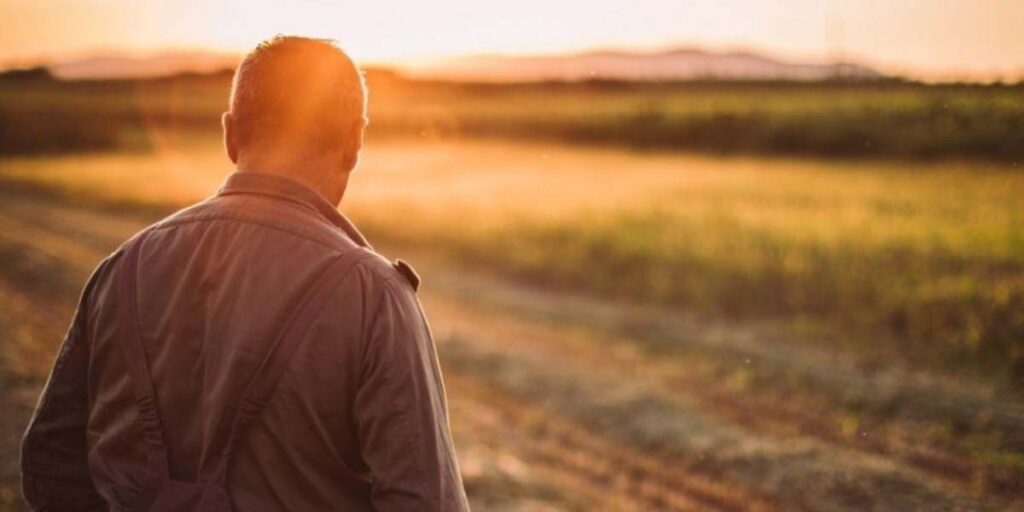 Group Lead
Group Lead
- Ben Iuliano, Integrative Biology, benjamin.iuliano@gmail.com
Group Members
- Claudio Gratton, Entomology
- Daniel Hayden, Plant Pathology
- Laura Livingston, Nelson Institute for Environmental Studies
- Julia Reynolds, Geography and Nelson Institute for Environmental Studies
- Kase Wheatley, Agroecology and Nelson Institute for Environmental Studies
Psychedelic Humanities, Amphibian Conservation, Indigenous Water Rights, Mental Health, Intertribal Alliances, Neoshamanism, and Conspirituality
This working group’s research focus is to sustain our group member’s existing efforts to 1) advocate for the preservation of the Sonoran Desert Toad via species research and monitoring; 2) develop and implement an integrative mental health program in collaboration with specialist researchers and traditional doctors from diverse cultures related to the Yaqui culture; and to specifically 3) extend these projects via inquiries into the human dimensions (social, cultural, and historical factors) at play in each case.
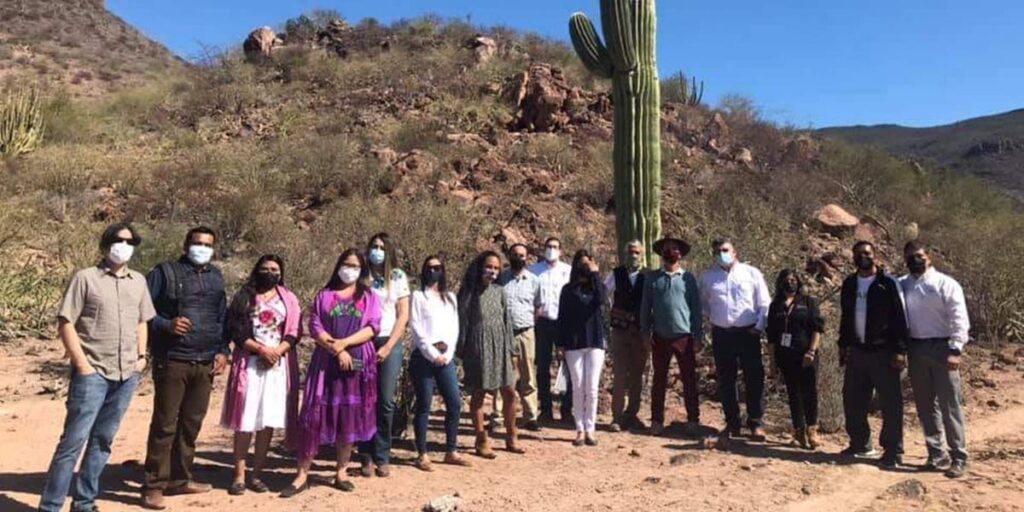
Group Lead
- Amanda Pratt, English, apratt4@wisc.edu
Group Members
- Gabriel Carter, English
- Anny Ortiz, School of Human Ecology and Human Development and Family Studies
- Alberto Vargas, Nelson Institute and Latin American, Caribbean and Iberian Studies
